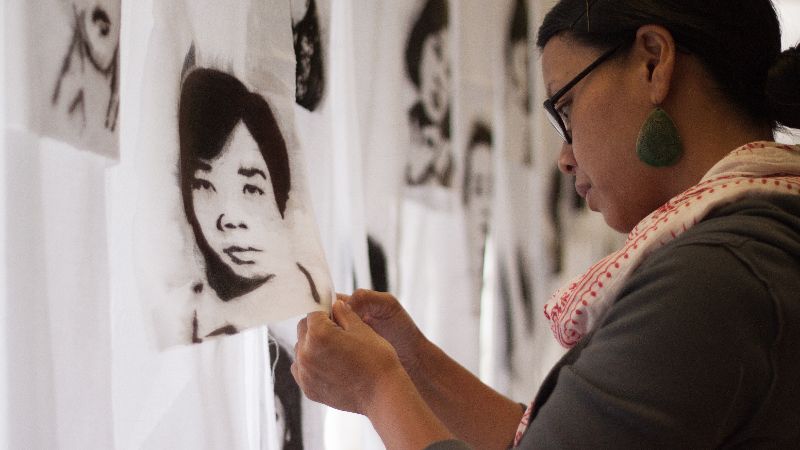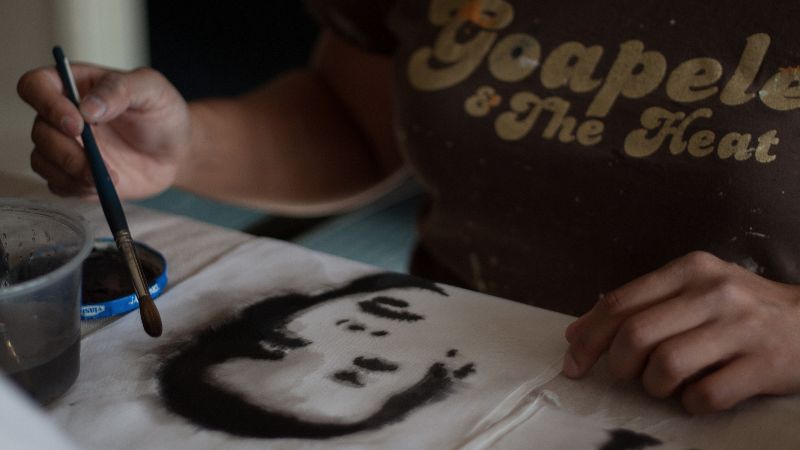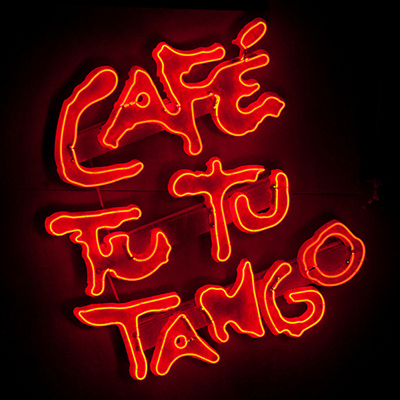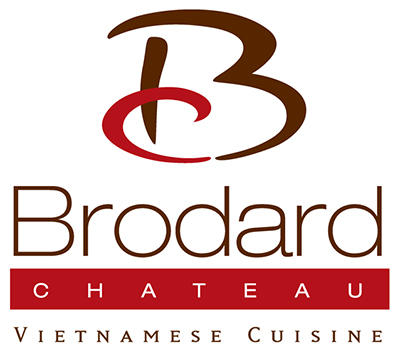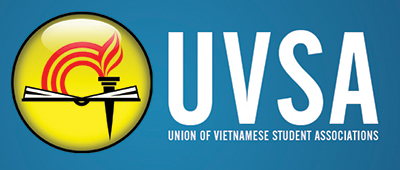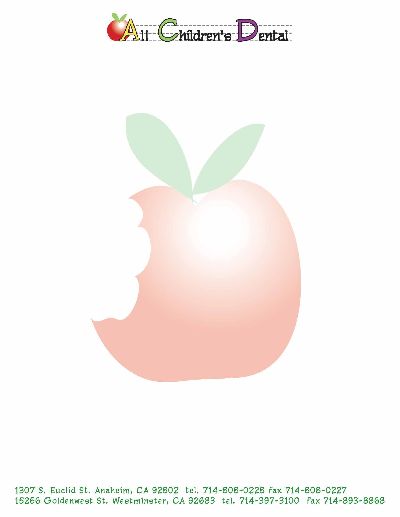1. In using art as a form of healing and understanding, what are some things that you have learned about yourself in this process?
I think that art helps me build the character that I hope to have, but often feel like I lack – things that I need to work on, like being more loving, patient, and compassionate. Making art has a way of helping strengthen these characteristics, and most of the time, it’s being done unconsciously. I’ll be working through some emotions, and it has a way of presenting itself in the work. I’m learning that I am actually more patient than I give myself credit for. For example, I’ve worked through projects as a way for me to forgive certain individuals who have wronged me in my life. I’ve worked through projects as a way for me to forgive myself for the wrong that I have done to others. I can work for hours on a project and allow myself to make mistakes, and then work around them. These lessons of acceptance will spill over into my everyday life. I’m learning to be more forgiving of myself. I can be quite the emotional mess while working. Sometimes I’m feeling such strong emotions, that they are hard to contain, whether they are feelings of gratitude, loss, guilt, frustration, or love.
2. You note in the film that you can really only truly tell your own family’s story and experience, so I was wondering at what point does, perhaps, your family’s individual experiences possibly end and yours begin? Do you see them streamlining into each other?
Our stories definitely flow into one another. Once a story is shared with me, I am inheriting these memories and experiences, and the emotions that comes with them. My family’s history is also my history, so I feel like I’ve always been on this journey with them; it just took me a while to find a suitable method through which I could understand and digest their very real and sometimes unbelievable life stories. I feel like the artwork is a way that I can let them know that I am trying to understand the hardships that they had to endure, the things they had to sacrifice, and that I am thankful for all the choices they’ve made in order for me to be here and live out my dream. Very thankful. I’ve been very fortunate that many of my family members are so open to sharing their stories with me. The deeper I get into the research, the more developed the pieces become, the more connected I feel to my history, and feel that our stories are intertwined.
3. Why did you do this film? Also, in thinking about film as an art form/medium, do you see yourself ever dipping into the realm of film or other digital mediums?
I was showing with the Oceanside Museum of Art, and Chris Fessenden, the founder of The Artist Odyssey, came across my work and reached out to me. We had a great connection, and needless to say, I was flattered that he was interested in featuring my work for their first documentary! Since seeing my work from a filmmaker’s perspectives, I’ve definitely been more curious to see more of my work in motion. I have some ideas for biographical performance projects that I imagine in moving pictures, but I’m not sure that I have the courage to open up that door quite yet!
4. Do you have any advice for young artists, particularly those coming from the Vietnamese community?
Stay true to yourself. Dig down deep into your truest emotions – your greatest fears, your grandest dreams, and put them down on paper, or canvas, in words, images, or music notes. Know that you are unique, and that no one can make the work that you will make except for you. Make that honest art. Listen to that curiosity when it moves you to experiment with different things, themes, mediums. This is part of the search to finding our voices. Ignore that voice when it tells you that you are not good enough (it’s a sneaky jerk that will at one time or another try to creep its way in). Then, strive to be better than you were before.
Here is a quote by Martha Graham that sums it up beautifully:
“There is a vitality, a life force, an energy, a quickening that is translated through you into action, and because there is only one of you in all of time, this expression is unique. And if you block it, it will never exist through any other medium and it will be lost. The world will not have it. It is not your business to determine how good it is nor how valuable nor how it compares with other expressions. It is your business to keep it yours clearly and directly, to keep the channel open. You do not even have to believe in yourself or your work. You have to keep yourself open and aware to the urges that motivate you. Keep the channel open. … No artist is pleased. [There is] no satisfaction whatever at any time. There is only a queer divine dissatisfaction, a blessed unrest that keeps us marching and makes us more alive than the others.”
Another one of my favorite quotes that has elevated me when in doubt:
“If you hear a voice within you say ‘you cannot paint,’ then by all means paint, and that voice will be silenced.” – Vincent van Gogh
Value your roots. Our predecessors and the choices they made brought us right here, right where we are right now. Don’t be embarrassed about what you don’t know. Instead, ask. Even if the answers don’t come easily, keep searching. This persistent search will bring you the answers, even answers that we may not have been looking for. Learning about the hardships and triumphs of our ancestors will put things in perspective, and will give us a greater understanding of why, how, and who we are. Savor the search. Remember that you are not on this journey alone. I remind myself of these very things constantly.
Continue the search.
Know your history, for we are all made up of history. We are history, this living history, and no one can tell our story the way you can. These unique perspectives bring a richness to this history, and your voice is an important one as part of this collective story.
And, if I may, a request to the elders:
We are asking because we need to know. We are on a constant search for learning who we are, and you are part of the foundation of this story. We realize that there are some memories that may be difficult to relive. We just want to honor our heritage, our traditions, our ancestry, and we are looking to you to help us do that. We are looking to you to guide us along this path, and we appreciate any perspective and knowledge that you can impart upon us. We thank you, our dear elders.
